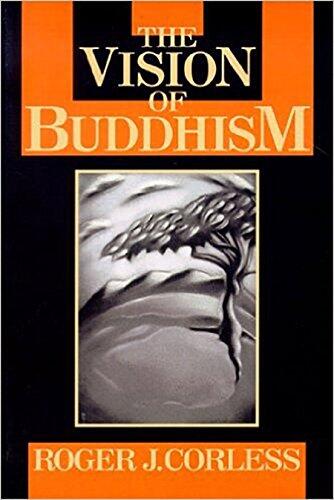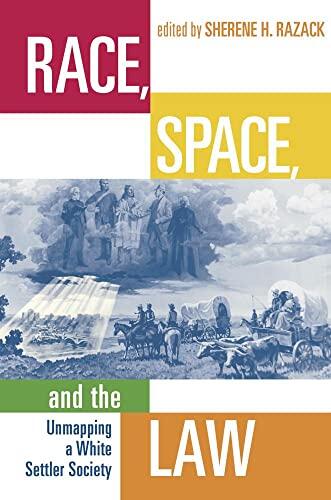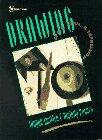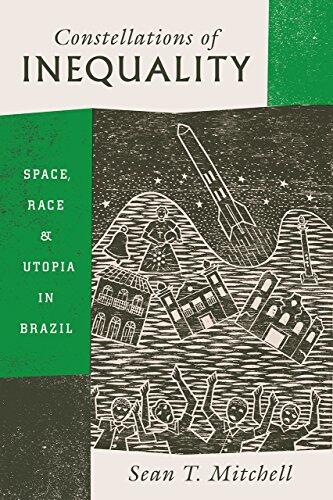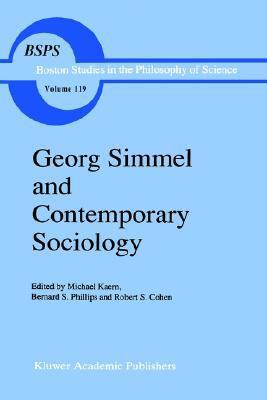
Georg Simmel and Contemporary Sociology
还没有评分
History
格式
精装书
页数
394
语言
英语
已发布
Jan 1, 1990
出版商
Springer
版本
1990
ISBN-10
0792304071
ISBN-13
9780792304074
描述
Georg Simmel's contributions to sociology continue to resonate within contemporary thought, as illustrated through a thoughtful examination of his ideas by modern scholars. This work delves into Simmel's explorations of social forms, interpersonal relationships, and the complexities of urban life, revealing his profound influence on the development of sociological theory. The authors engage with Simmel's core concepts, interpreting them through the lens of current sociological challenges and discourses, which enhances their relevance for today's readers.
The book not only situates Simmel within the historical context of sociology but also critically analyzes the ways in which his theories anticipate and inform contemporary sociological debates. It highlights the dynamic interplay between individual agency and social structures, drawing connections to present-day issues such as globalization, social inequality, and cultural shifts. As readers navigate through these analyses, they gain insights into the enduring nature of Simmel's work and its implications for understanding the modern social landscape.
As a collective effort of experienced scholars, this examination emphasizes the ongoing dialogue between Simmel's thought and contemporary social science. By bridging past and present, it invites readers to appreciate the nuances of sociological inquiry and encourages a deeper engagement with the complexities of society as Simmel envisioned them. The discussions presented serve as a thought-provoking resource for both students and seasoned sociologists seeking to explore the intersections of classical theory and modern applicability.
The book not only situates Simmel within the historical context of sociology but also critically analyzes the ways in which his theories anticipate and inform contemporary sociological debates. It highlights the dynamic interplay between individual agency and social structures, drawing connections to present-day issues such as globalization, social inequality, and cultural shifts. As readers navigate through these analyses, they gain insights into the enduring nature of Simmel's work and its implications for understanding the modern social landscape.
As a collective effort of experienced scholars, this examination emphasizes the ongoing dialogue between Simmel's thought and contemporary social science. By bridging past and present, it invites readers to appreciate the nuances of sociological inquiry and encourages a deeper engagement with the complexities of society as Simmel envisioned them. The discussions presented serve as a thought-provoking resource for both students and seasoned sociologists seeking to explore the intersections of classical theory and modern applicability.


